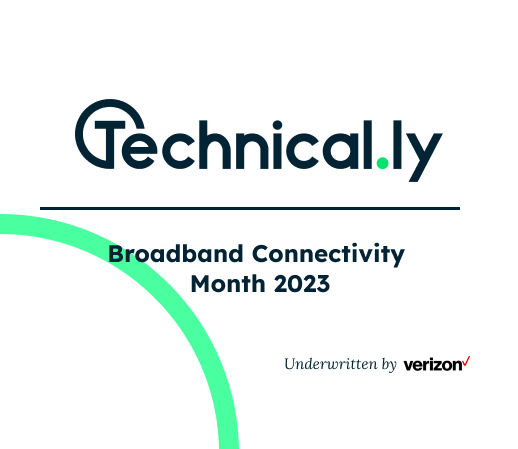In an increasingly interconnected world, access to the internet has become an essential utility, enabling education, job opportunities, healthcare services, and civic engagement. However, millions of Americans, particularly those in marginalized communities, still struggle to get online, largely due to the inability to afford the cost of an internet subscription.
The Affordable Connectivity Program (ACP), created under the Biden administration, has been a vital step toward closing this gap. In just the city of Philadelphia alone, over 162,000 households have internet access through this program — that’s roughly one out of every four households.
Therefore, it’s of grave concern that the funding for this program is anticipated to run out by the middle of next year, meaning all of these Philadelphians are at risk of losing their internet access if a funding solution is not found.
The access gap
The ACP’s expiration would disproportionately harm people of color, cutting millions off from critical resources.
One recent study found that the broadband affordability gap is concentrated in neighborhoods where 25% or more of the households lack home broadband. These communities, referred to as “America’s most unconnected communities,” hold 57% more Black households, and 49% more Latinx households than the national average. The City of Philadelphia’s 2021 Household Internet Assessment survey found that 29% of low-income households, 33% of seniors, and 33% of Spanish-speaking households lacking a home broadband subscription.
While the ACP has been a critical tool to combat this concerning trend, allowing the ACP to expire will not only worsen racial disparities when it comes to connectivity, but also all of the critical services that come with it.
One example is the “Homework Gap,” which refers to the disparity between students with access to home broadband and digital devices and those without. These disparities don’t exclusively impact homework, but rather educational development as a whole, and they are shown to have a pronounced impact on students of color. Analysis found that children in 31% of Black and Latinx families did not have high-speed Internet access at home, compared to children in only 12% of Asian families and 21% of white families.
By preserving the ACP, the Biden Administration and Congress can ensure that students have the connectivity required for remote learning, thus narrowing the educational gap and fostering greater equity in the classroom.
Beyond education, connectivity is vital for economic mobility and job opportunities. Many employers now require online applications, and numerous industries rely on digital skills and access for employment. By combatting the affordability gap, the ACP empowers individuals in underserved communities to gain the necessary skills, access job listings, and pursue remote work. This not only increases economic opportunities for individuals but also reduces income inequality.
The impact of programs like the ACP is exemplified by the story of “CS”, a woman who sought assistance from community organization SEAMAAC when faced with domestic violence. SEAMAAC helped CS obtain low-cost internet service, which enabled her to connect to telehealth mental health counseling during the pandemic and become a full-time home health aide.
A call to action
As the executive director of the Technology Learning Collaborative (TLC), a Philadelphia-based digital equity coalition working with hundreds of digital inclusion providers and advocates, I am dedicated to improving digital equity and access. TLC, along with eight partner organizations, recently received a grant from the Federal Communications Commission to conduct outreach and ensure more households in Philadelphia benefit from the ACP. However, these efforts are in jeopardy if ACP funding is not renewed.
By spearheading the effort to create the Affordable Connectivity Program, the Biden Administration followed through on its word to deliver for communities in need. We’ve seen great progress from this action, but the job is nowhere near finished.
The Affordable Connectivity Program is an essential lifeline for tens of millions of Americans who would otherwise be left on the wrong side of the digital divide. Preserving the ACP is not just about ensuring internet access; it is about addressing the systemic inequities that have long disadvantaged communities of color.
I urge the Biden administration to once again lead on this issue like they have in the past, and work with Congress to find a commonsense solution that extends the program’s funding.

This guest post is a part of Broadband Connectivity Month of Technical.ly's editorial calendar, underwritten by Verizon. Verizon is a Technical.ly Ecosystem Builder client.
Before you go...
Please consider supporting Technical.ly to keep our independent journalism strong. Unlike most business-focused media outlets, we don’t have a paywall. Instead, we count on your personal and organizational support.
Join our growing Slack community
Join 5,000 tech professionals and entrepreneurs in our community Slack today!

Entrepreneurship is changing, and so is the economic development behind it

Tech Hubs’ new $210M funding leaves Baltimore and Philly off the table

Here’s what to know before using AI to craft your brand’s social media posts



